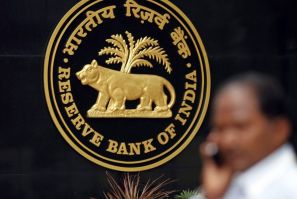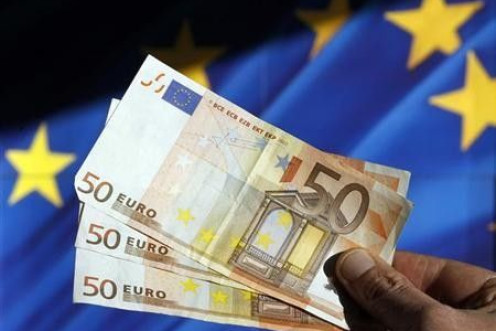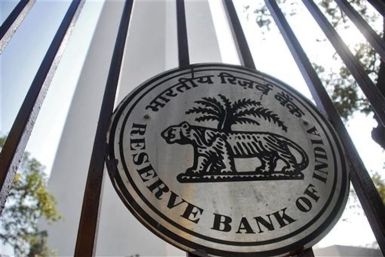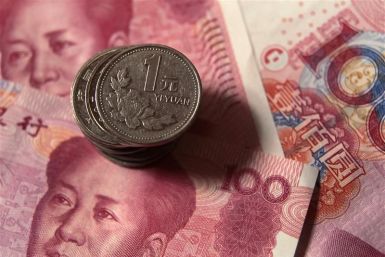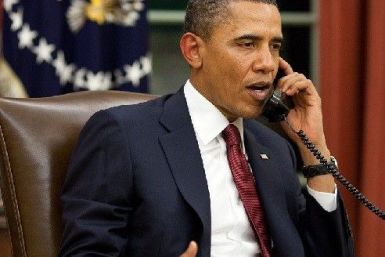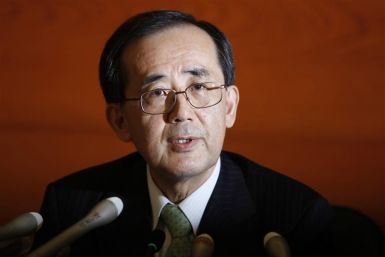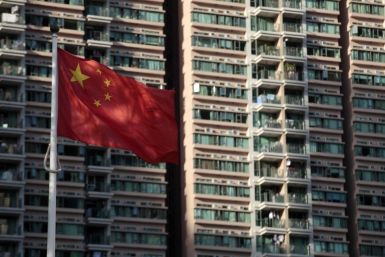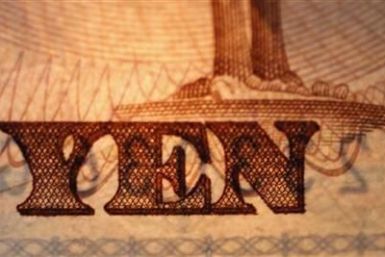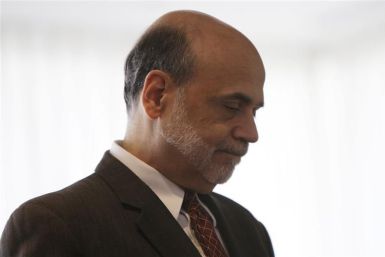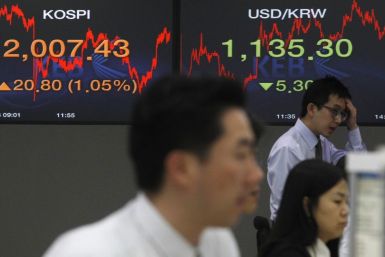India's inflation rose unexpectedly in April compared to last year denting prospects further loosening the monetary policy to regain the economic growth momentum.
China's inflation rate slowed in April from the previous month, showing signs that the price pressure is gradually diminishing to make room for monetary easing.
In some U.S. presidential election years, one issue dominates, and that's likely to be the case in 2012. The issue: jobs, and so far the Obama administration's policies have not created enough. President Barack Obama needs to find ways to create more jobs, if he hopes to be re-elected.
The European Central Bank held its main interest rate at 1.0 percent on Thursday as stubborn inflation offset pressure to loosen borrowing costs further to support the weak eurozone economy.
South Korea's inflation declined to a 21-month low as the exports declined for the second consecutive month in April.
The Bank of Japan will expand its Asset Purchase Program by an additional 5 trillion yen ($62 billion) to increase the purchase of Japanese government bonds, exchange-traded funds and Japan real estate investment trusts, the bank announced in a statement Friday.
A headscratcher of a report on Chinese industrial profits intensified speculation about just what exactly central bankers in that country will come up with next as the note, by the National Bureau of Statistics (NBS), revealed data that both supporters and detractors of monetary easing in the world's second-largest economy will find justifies their rationale.
The Bank of Japan said Friday that it is further easing the monetary policy so that the economy could recover from deflation and grow more strongly.
Federal Reserve Chairman Ben Bernanke rattled financial markets Wednesday afternoon, as the top U.S. central banker hemmed and hawed his way through a tough round of questioning from a cadre of economic reporters.
Strong first-quarter earnings and a slightly more positive view of the U.S. economy by the central bank offset disappointing durable goods numbers for March to boost equities and trim bonds.
The euro hovered near a three-week high and global shares rose on Wednesday ahead of the U.S. Federal Reserve's policy meeting, due mainly to signs of good demand for euro zone sovereign debt before a German bond sale, and some strong corporate earnings.
The housing market is seeing hints of stabilization, with February home prices rising for the first time in 10 months, according to a survey on Tuesday, while a measure of consumer confidence last month fell more than expected.
Consumer confidence edged slightly lower in April, while Americans also reined in their inflation expectations after a surge in the previous month, according to a private sector report released on Tuesday.
The housing market is seeing hints of stabilization even as it struggles to gain traction, data showed on Tuesday, as home prices rose for the first time in 10 months in February while sales dropped in March.
It is highly expected that the Bank of Japan will resort to additional monetary easing at its next meeting on April 27 so that the economy could recover from deflation and grow more strongly.
Singapore's inflation rose sharply in March, driven by escalating costs of housing and automobiles, suggesting that the central bank could tighten monetary policy further to prevent overheating, especially in the housing sector.
Bank of Japan Governor Masaaki Shirakawa said on Wednesday the central bank is fully committed to continuing powerful monetary easing through various measures, such as keeping interest rates practically at zero and purchasing financial assets until 1 percent inflation is in sight.
Bank of Japan Governor Masaaki Shirakawa said on Wednesday the central bank is fully committed to continuing powerful monetary easing through various measures, such as keeping interest rates practically at zero and purchasing financial assets until 1 percent inflation is in sight.
While chances of a third round of U.S. money-printing quantitative easing measures, or QE3, have dimmed, the World Gold Council, or WGC, remains positive on the yellow metal's outlook due to its international appeal and value in hedging against inflation and deflation.
The Reserve Bank of India (RBI) surprised markets with a 50 basis point cut in the main interest rate, the first policy easing in three years, as focus turned to lifting lending controls and tackling a slowdown in the economy.
The Federal Reserve was neither hawkish nor dovish when it set a formal inflation target, and such a move would make sense even if the U.S. central bank had a single mandate, a top Fed official said on Monday.
South Korea's central bank has lowered the country's growth forecast for 2012 to 3.5 percent on account of the global economic slowdown that has resulted in the weakening of exports.



